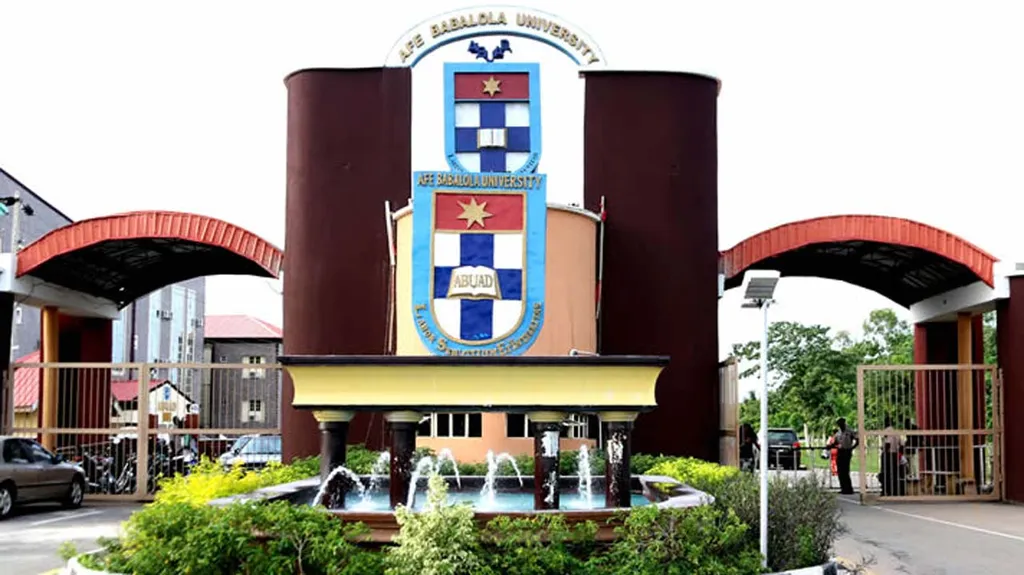The Ambassador of the Kingdom of the Netherlands to Nigeria, Mr. Michel Deelen, has expressed a strong desire for collaboration between his country and the Afe Babalola University, Ado-Ekiti (ABUAD), particularly in the realms of education and agriculture. During his recent visit to the institution, Deelen praised ABUAD as a beacon of educational excellence and technological advancement, drawing comparisons to top American universities. He was particularly impressed by the university’s self-sufficiency, high-tech facilities, and commitment to quality education, which he believes sets a benchmark for Africa’s educational development.
Deelen’s tour of the university’s colleges, industrial park, and the Afe Babalola University Multi-System Hospital (AMSH) left him deeply impressed. He noted the institution’s remarkable achievements in less than 16 years of existence, highlighting the crucial role of education in national development. He emphasized that Nigeria’s progress hinges on its investment in human capital and stressed the importance of balancing development priorities across agriculture, technology, and industry. Drawing from the Netherlands’ experience as the second-largest exporter of agricultural products despite having only 4% of its population in agriculture, Deelen underscored the potential for strategic collaboration.
The ambassador’s mission in Nigeria is centered around fostering collaboration, promoting trade, and encouraging knowledge exchange. His visit to ABUAD is part of this broader effort, aimed at learning from the institution’s successes and encouraging students to recognize the importance of education. Deelen urged ABUAD students to view education not just as a means of personal advancement but also as a tool to improve their communities and contribute to Nigeria’s future. He commended Nigerian doctors for their resilience and adaptability, qualities he believes are nurtured in challenging environments like ABUAD.
In response, the founder of ABUAD, Aare Afe Babalola, called for increased collaboration between his country and the Netherlands. He invited the ambassador to invest in the university’s Industrial Park and Research Laboratory, and to participate in ABUAD’s herbal capsules and syrup business. Babalola expressed a vision for ABUAD to become the first university in Africa to manufacture vaccines, with Nigeria leading the way on the continent.
The implications of this collaboration are significant. For ABUAD, partnership with the Netherlands could bring advanced agricultural techniques, technological innovations, and enhanced educational opportunities. For Nigeria, this collaboration could contribute to the development of a robust agricultural sector, improved healthcare through the production of vaccines and herbal products, and a stronger educational foundation for future generations. The exchange of knowledge and resources between ABUAD and the Netherlands could serve as a model for other African institutions, fostering a spirit of innovation and self-sufficiency that is crucial for the continent’s development.

